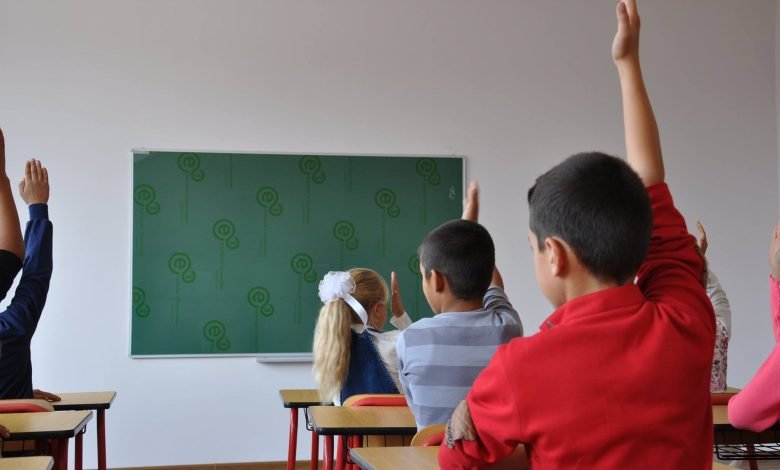
Georgia in PISA 2022 Report
On December 5, the Programme for International Student Assessment (PISA) published its report on the knowledge and skills of 15-year-old students in mathematics, reading and science. The PISA results provide insights into how well education systems are preparing students for real-life challenges and future success.
PISA is the OECD’s Programme for International Student Assessment. PISA measures 15-year-olds’ ability to use their reading, mathematics and science knowledge and skills to meet real-life challenges.
In 2022, approximately 690 000 students, representing 29 million 15-year-olds in schools in 81 participating countries, took the assessment. In Georgia, 6583 students from 267 schools, representing 40 400 15-year-olds, completed the assessment.
Main trends:
In Georgia, average 2022 results were about the same as in 2018 in mathematics, reading and science. Slight modifications are still noticeable:
- In Reading, the score of 380 points in 2018 experienced a decrease of six points, falling to 374 in 2022;
- In Mathematics, the 2018 result of 398 points saw an eight-point decrease, reaching 390 in 2022;
- In Science, the 2018 score of 383 points in 2018 increased by one point, reaching 384 in 2022.

However, students in Georgia scored less than the OECD average in mathematics, reading and science.
- In Reading, Georgian students scored 374 points, whereas the OECD average is 482;
- In Mathematics, the Georgian students achieved 390 points, compared to the OECD average of 480 points;
- In Science, the Georgian students scored 384 points, while the OECD average is 491.
What does the numbers say ?
Only 34% of Georgian students achieved at least Level 2 proficiency in mathematics, (significantly lower figure than the OECD countries’ average of 69%), which means that only 34% of students can “at least interpret and recognize, without direct instructions, how a simple situation can be represented mathematically”.
Only 33% of Georgian students attained Level 2 or higher in reading (OECD average: 74%), which means that “at a minimum, these students can identify the main idea in a text of moderate length, find information based on explicit, though sometimes complex criteria, and can reflect on the purpose and form of texts when explicitly directed to do so”.
Only 35% of students in Georgia attained Level 2 or higher in science (OECD average: 76%). “At a minimum, these students can recognize the correct explanation for familiar scientific phenomena and can use such knowledge to identify, in simple cases, whether a conclusion is valid based on the data provided,” – says the report.

Gender differences in performance
On average, Georgian boys and girls performed similarly in mathematics, but girls outperformed boys in reading by 35 score points. In addition, girls had a 14-point advantage over boys in science.
School life
In 2022, 79% of Georgian students reported making friends easily at school, a figure close to the OECD average of 76%; however, only 51% felt a sense of belonging at school, well below the OECD average of 75%.
Feeling safe at and around school
PISA 2022 data revealed that 13% of Georgian students do not feel safe on their way to school, a percentage higher than the OECD average of 8%; furthermore, 11% of students reported not feeling safe in their classrooms, which is also higher than the OECD average of 7%.
Regarding bullying, 13% of girls and 15% of boys reported being victims of bullying at least a few times a month. These figures are lower than the OECD averages, which stand at 20% for girls and 21% for boys.
Also Read:
- 30/11/2023 – CoE OHTE Report on History Teaching in European Countries, including Georgia
- 22/11/2023 – Schools “to Gain More Autonomy” with National Curriculum Updates
This post is also available in: ქართული Русский